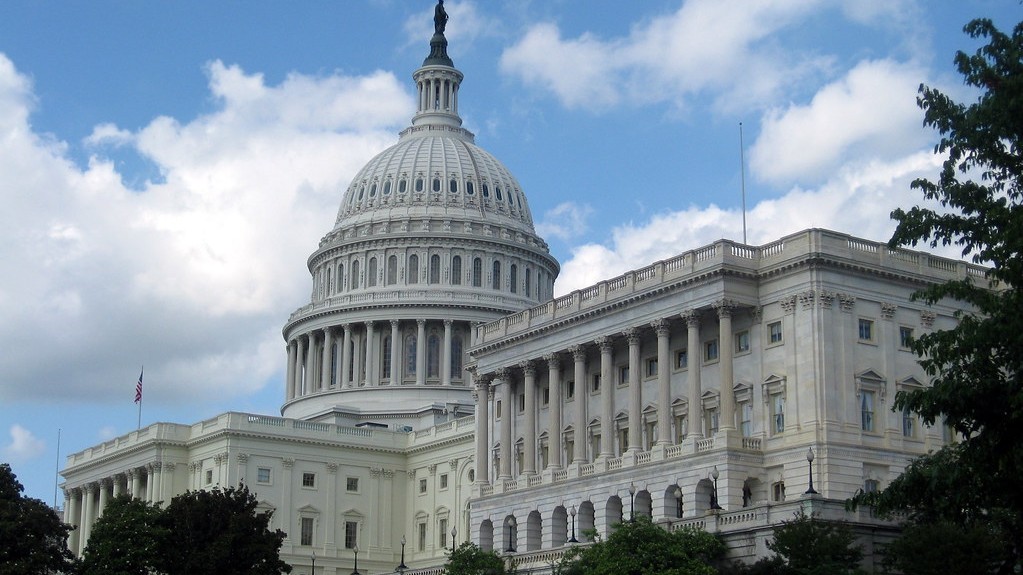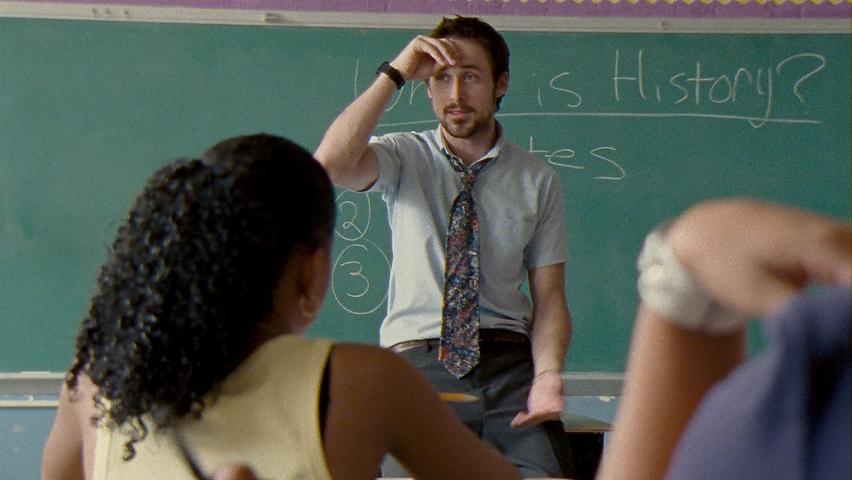Lawmakers Discuss Teacher Shortage Crisis At Capitol Hill
As concerns regarding the substantial teacher shortage in America rises, lawmakers discussed long-term fixes for the problem.

A House subcommittee met with education professionals to discuss the ongoing teacher shortage crisis. The ongoing issue has escalated to such a degree that schools are struggling to retain accreditation, and even offering hefty bonuses in order to fill vacant positions and retain current staff members. The hope is that lawmakers can find better long-term solutions at a federal level which will benefit schools across the nation.
Many new and experimental education options were discussed. More collective bargaining and student-teacher apprenticeship programs entered the conversation, along with new practices that were tested during lockdowns — being that the teacher shortage grew worse throughout the pandemic. Community schools and micro schools formed based on the needs of the local population are being considered, as is the option for parents to be able to pay teachers directly, much like offering a tip has become common for online content creators.
While these solutions all offer backend promise for teachers who are still entering the profession, they do not address the root cause of the teacher shortage which is the fact that interest in the teaching profession has been waning for years. More teachers are retiring than are entering the classroom, and without enough replacements, districts cannot possibly fill all positions. Teaching, in general, has changed over time. There is more federal involvement, and stricter curriculum guidelines which some educators believe do more harm than good because this leaves less flexibility for students who require alternative teaching methods. In addition, the cost of education degrees continues to go up at a rate that does not match teacher pay regardless of short-term bonus options being offered by some districts. Then, there is the most distressing issue of all, that school violence is on the rise.
Teachers and students are both experiencing traumatic attacks — of both physical and sexual nature — that are contributing to the teacher shortage. Teachers have been attacked by students, and even sexually assaulted by them at increasing rates. The subcommittee talks took place just one day after the Uvalde, Texas school shooting, and so school safety was a significant topic. Ensuring that teachers feel safe to come to work is an issue that many wonder may improve interest in teaching, but if not resolved, the current situation is likely to get worse. Many teachers have admitted in a recent National Education Association poll that they plan to retire early. At the same time, young adult students who are witnessing record rates of violence and sexual assault in schools are reluctant to become teachers.
Furthermore, support for public school education is falling as well. Homeschooling and school choice options are becoming more common. Schools are experiencing record enrollment drops, and without students, the teacher shortage becomes less pressing.

Whether school districts will have to downsize or revamp their entire system to accommodate changing societal education needs is still undetermined. Despite this, the teacher shortage continues to be such a serious conflict in the public school system. It has grown so impactful that teaching professionals are seeking aid from federal officials. Their influence is expected to affect the future of public schooling, but if The People continue seeking other professions and educational options there is little lawmakers can do.







